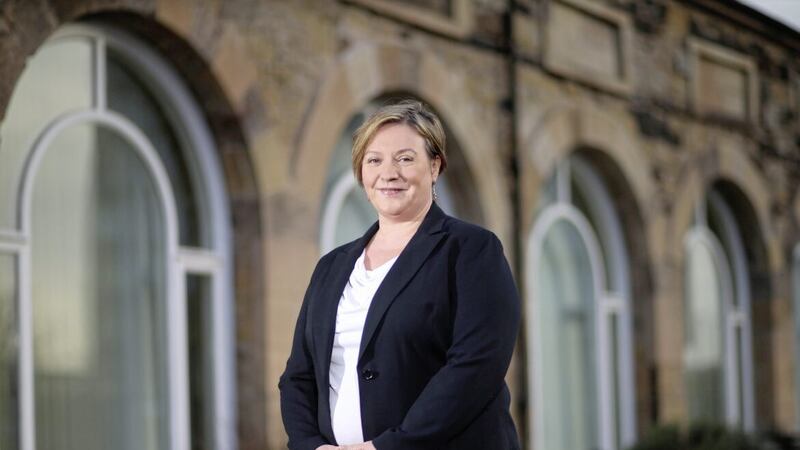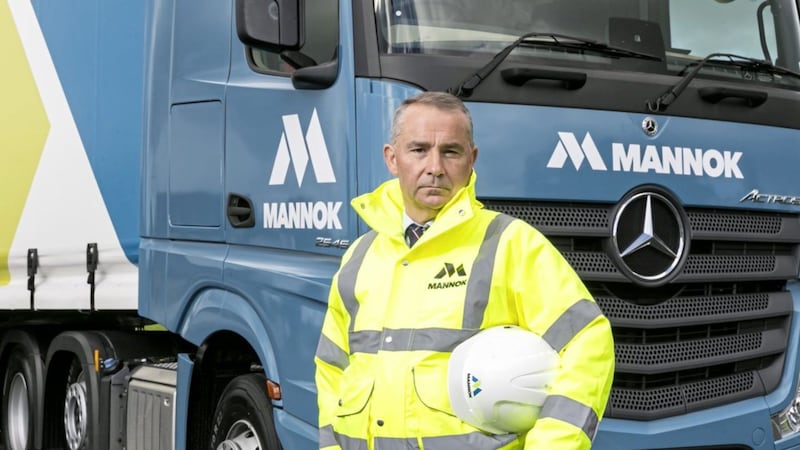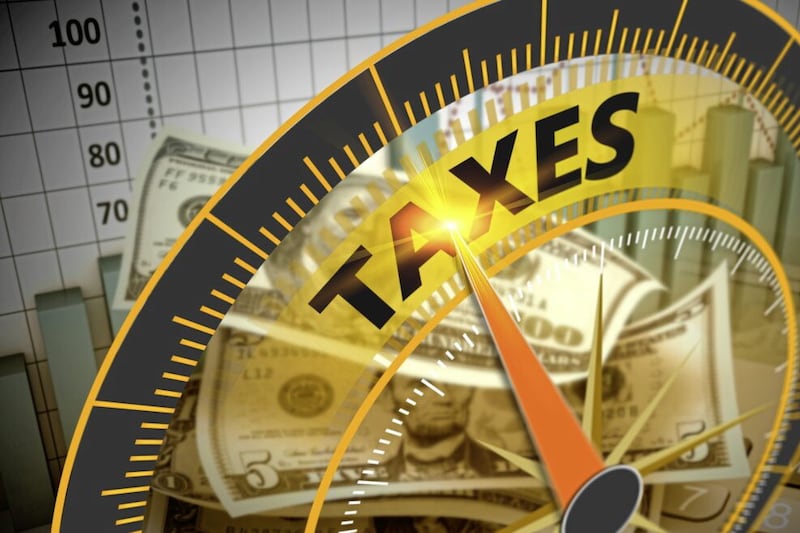THE Budget came and went yesterday with limited changes for business and personal finances. Amid headlines of extended energy support measures and childcare support for families, the main takeaways for business owners will be pension allowances and the full expensing scheme.
In his first full UK Budget complete with OBR forecast, Chancellor Jeremy Hunt celebrated a forecasted reduction in inflation to 2.9 per cent. This was therefore no longer about settling markets, instead it was a Budget about delivering growth, with incentives geared towards boosting investment, supporting the skills supply, and getting more people into work.
On the surface, the continued freeze in fuel duty and introduction of draught relief for pubs, which was packaged up as the “Brexit Pubs Guarantee”, will be welcomed. It is the Chancellor’s decision to scrap the pension lifetime allowance, however, which was the real shock.
Read more:
- Gary McDonald - Is this just what the doctor ordered? (Premium)
- Energy discount scheme extended, but households in north face sharp rise in electricity tariffs next month
- Richard Ramsey - Hey ho, hey ho, it's back to work we must go (Premium)
To be removed on April 6 and abolished in a future Finance Bill, this will be a real benefit for those with large pension pots. The government no doubt hopes it will encourage senior doctors and NHS workers to continue working, as they will no longer face an annual allowance tax charge.
The additional more modest change was to the annual pension allowance, which will rise from £40,000 to £60,000 next month. Importantly, but perhaps making less headlines, is that for the highest earners, the minimum tapered allowance will increase from £4,000 to £10,000 and the adjusted income threshold will be increased from £240,000 to £260,000.
Whilst these increase in the annual allowance from £40,000 to £60,000 will benefit many tax payers, the relatively small increase in the tapered allowance and adjusted income figure means the highest earners may still face a significant pension tax charge each year.
As expected, the government will proceed with the previously announced rise in Corporation Tax rates to 25 per cent. That, coupled with the cessation of the Super Deduction Scheme on April 1 would have been a double tax hit for local businesses, but the delivery of a full expensing scheme goes some way to limit this.
It provides a 100 per cent allowance for company investments in qualifying plant and machinery, and 50 per cent relief for special rate assets. Effectively up to 25 per cent tax relief on qualifying plant and machinery, this will be a valuable relief for businesses that will last for three years initially. In addition to this full expensing relief for companies, the Annual Investment Allowance has been made £1m permanently.
With no changes to personal tax thresholds and basic rate bands still frozen, the overall picture is not dissimilar to that delivered in the November fiscal statement. Individuals will find they are dragged into higher tax bands as their salaries increase with time, and lower dividend and capital gains tax allowances will make everyone worse off.
With this in mind, individuals and business owners would do well to take stock of their financial situation and work to create a realistic budget for the months ahead.
:: Angela Keery is head of tax at Belfast accountancy and advisory firm Baker Tilly Mooney Moore








